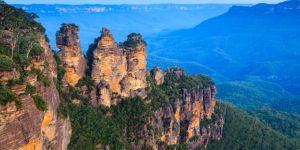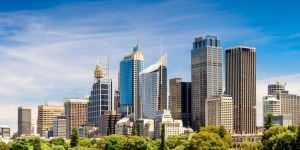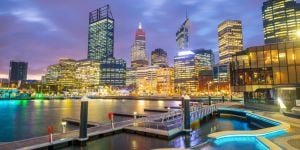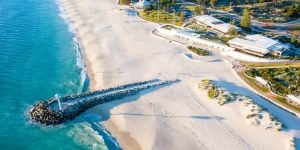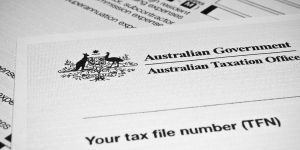My journey began almost five years ago when a holiday to Sydney changed my whole life dramatically. A friendship blossomed into a relationship and before I knew it I was shifting to Australia. The shifting in itself was easy enough but what I didn't allow for was the cultural shock that I was about to face when I settled there.
I had no idea what life in the country would be like since I've lived in the city most of my life. I was used to the noise, hustle, bustle, traffic jams and the big departmental stores. Nothing had prepared me for this country and lifestyle of change.
I felt very uncomfortable at the beginning when I encountered other people in town, I kept feeling that I was being judged and scrutinized all the time. I also found all that space and isolation somewhat disconcerting. If not for the sake of love I guess I would have packed up and gone back home to Malaysia. It has taken me a fair while to embrace and accept the way of life here and not make it my enemy. I guess after the shock it was time to take stock of things and find my own niche.
Today I am so glad that I have settled down here. I see all the goodness that it has to offer. People are helpful and friendly if you offer them the same. The town isn't very big and it is very easy to navigate around. As this is a wine growing region there are many wineries to check out. There are also some markets going on in the weekend where you can find local produce, handy crafts etc. Life here is much more relaxing without all the noise and pollution that one finds in the city. There are enough supermarkets, cafes and other shops that one can go browsing shop and get groceries. The other good thing is there are many areas that one can go exploring, picnicking, bush walking, cycling, camping etc. Basically it is a much more healthy lifestyle.
When I converted my driving license I had to send my original for translation. It is free for migrants but you have to go to the centre that is closest to you personally to submit all the documents which will be sent off to Melbourne for translation which can take up to four weeks. In the meantime there is also a theoretical exam to sit for which you can practice on the RTA (Road Transport Authority) website. There is a fee for sitting for this test. You can only sit for it after you have gotten back the translation of your driver's license which you will have to submit along with other documents like a copy of your passport and a form that you will be required to fill. When you have passed your theory you can then make an appointment to sit for the practical exam. It is wise to get an instructor to coach you through the process. I had one lesson and that helped tremendously. You are not allowed to fail you practical otherwise you will have to start from scratch like going through L plates, then P1 and P2 plates. These are the rules for NSW state and applies to Malaysians. There are different rules for people from other countries. You can find all the information you need on the RTA website.
Most people that migrate often end up in the city. I guess it is logical as there would be more job opportunities etc. However living in a smaller town isn't bad either. If you like to have more hustle and bustle but not as it is in the big cities well there are bigger towns like Bathurst, Dubbo and Oragne in NSW to consider. These are in the central tablelands. There are also other towns up the north coast and down the south. Life is less hectic and for me better quality. These are just some of the suggestions from my time here.
Migrating is a big decision for anyone. Take time to get to know the place you intend to migrate to. If possible have some sort of networking going on before you get there. Look at the prospects of job available and where you might likely fit in. Also consider the lifestyle that you want to live when you get here. Also if you choose to live in a big city like Sydney try to get an accommodation that isn't too far from the train station as parking is expensive in the city.
We do our best to provide accurate and up to date information. However, if you have noticed any inaccuracies in this article, please let us know in the comments section below.

